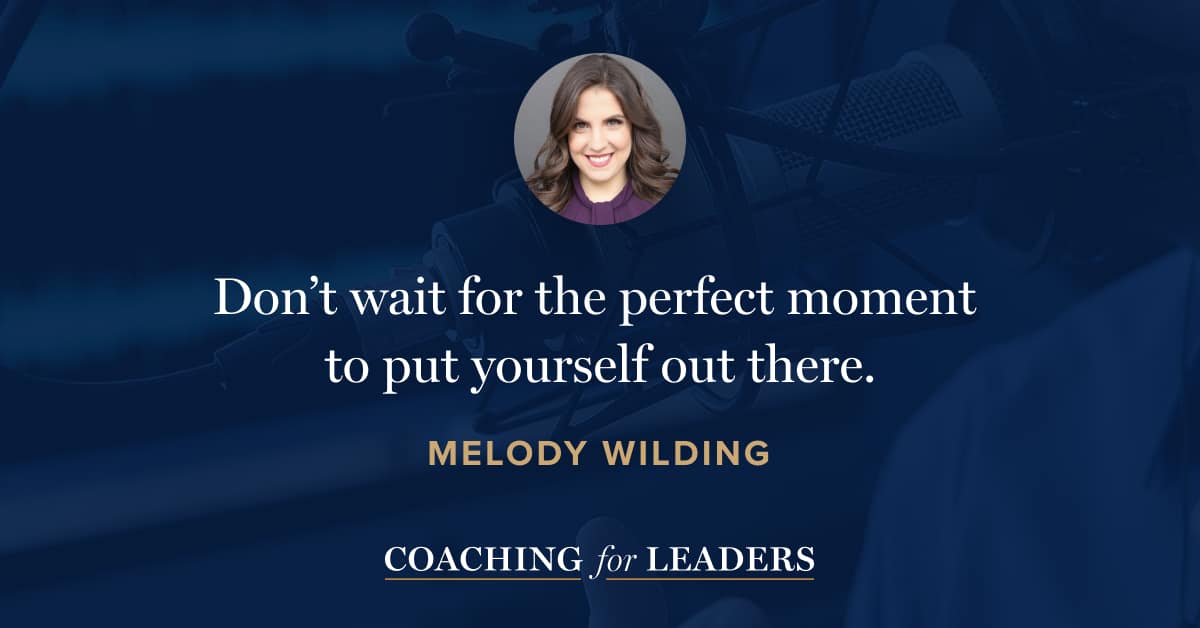Melody Wilding: Managing Up
Melody Wilding is an executive and leadership coach for smart, sensitive high-achievers who are tired of getting in their own way. She teaches human behavior at Hunter College and is a regular contributor to Harvard Business Review, Forbes, and Business Insider, who named her one of the “most innovative coaches.” She is the author of Managing Up: How to Get What You Need from the People in Charge*.
Good work speaks for itself. It’s a lie many of us have wished was true, but found that there’s actually much more work involved. In this conversation, Melody and I discuss what really helps in creating more visibility.
Key Points
- Good work does not speak for itself.
- Our fear of appearing self-promotional can hinder the visibility conversations that our leaders and team need from us.
- A story will be told about your work. By having stories that you are ready to tell, you get to shape the narrative.
- Instead of listing what you’ve done, highlight what you want to be known for.
- Give visibility to work that is important to your team, puts you in contact with stakeholders, and impacts that bottom line.
- Always have a 3-step pocket update at the ready. Share a (1) project, (2) detail, and (3) result.
- Capitalize on casual conversation. Say yes to the right invitations and be the person that keeps the relationship going.
Resources Mentioned
- Managing Up: How to Get What You Need from the People in Charge* by Melody Wilding
Interview Notes
Download my interview notes in PDF format (free membership required).
Related Episodes
- Get Noticed Without Selling Out, with Laura Huang (episode 480)
- How to Start Finding Useful Stories, with David Hutchens (episode 593)
- Getting Better at Internal Communication, with Roy Schwartz (episode 687)
Discover More
Activate your free membership for full access to the entire library of interviews since 2011, searchable by topic. To accelerate your learning, uncover more inside Coaching for Leaders Plus.





